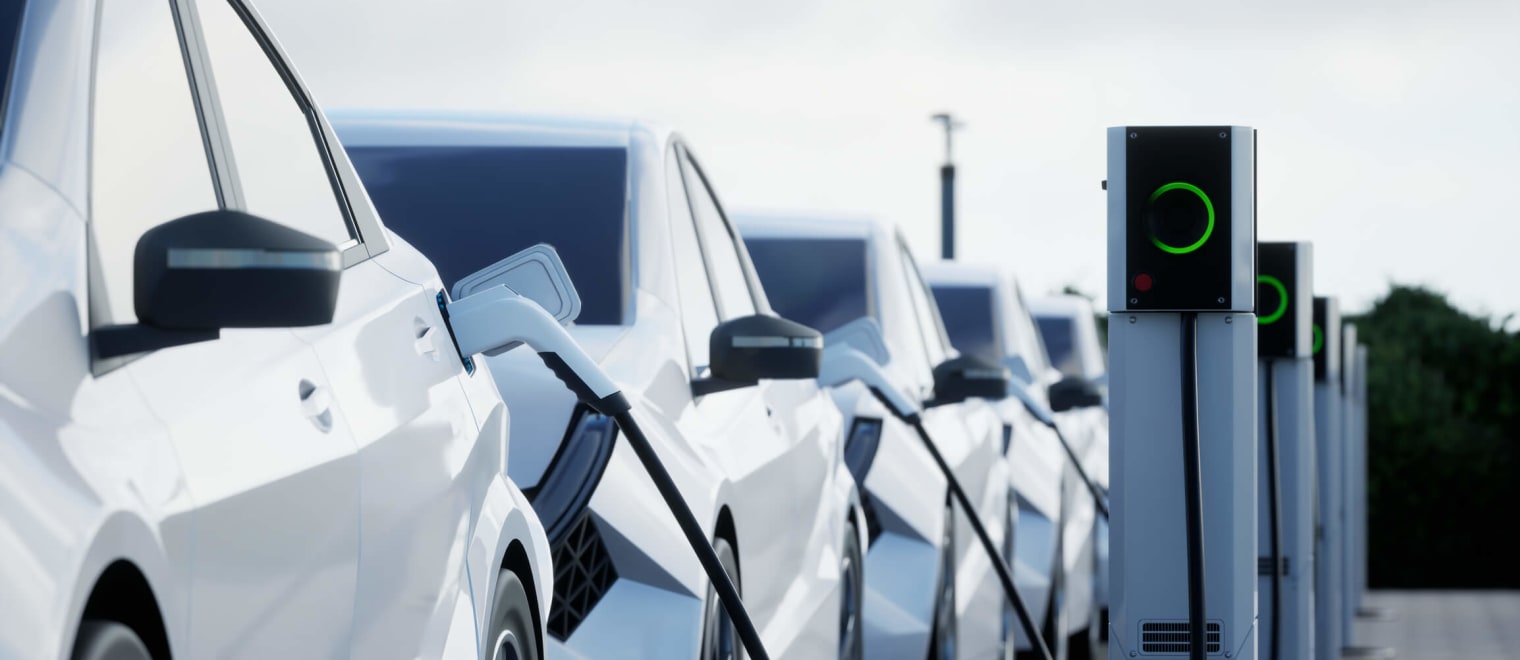This informal CPD article, ‘Electric Cars and Their Economic Reverberations: A Guide for UK Finance Professionals’, was provided by GIRA - Global Institute of Regulatory Accreditation – who offer a powerful new way to learn online with every course designed according to principles of effective learning, through storytelling, discussion, visible learning, and using community support to celebrate progress.
Electric Cars and Their Economic Reverberations
The electric vehicle (EV) revolution is upon us. As nations pivot towards sustainability, EVs stand at the forefront of this green transformation, promising a reduced carbon footprint and heralding a new era in transportation. For UK finance professionals, understanding the implications of this seismic shift in the automotive landscape is paramount. This article delves into the current and future economic impact of electric cars, providing a comprehensive overview for those keen to understand the broader financial ramifications.
1. A Global Paradigm Shift
Firstly, it's crucial to understand the momentum behind the EV movement:
- Regulatory Incentives: Many governments, including the UK, are offering tax breaks, grants, and subsidies to promote the purchase and manufacture of EVs. Such incentives are driving both demand and supply.
- Technological Advancements: Battery technology is progressing rapidly, leading to longer ranges, shorter charging times, and overall, a more feasible electric car product for the average consumer.
- Environmental Consciousness: As climate change concerns rise, consumers worldwide are leaning towards eco-friendly products. EVs, representing cleaner transportation, are gaining traction.
2. Impact on Traditional Automotive Industries
The rise of EVs poses a direct challenge to traditional internal combustion engine (ICE) vehicles.
- Reduced Demand for Petrol/Diesel: As more people opt for electric cars, there will be a subsequent decline in demand for petrol and diesel. This shift has implications for the oil industry, which has long been a mainstay in global economics.
- Job Redistribution: Traditional car manufacturing roles might decline, but there will be a surge in jobs related to battery production, electric drivetrain systems, and EV infrastructure development.
3. Effects on the Energy Sector
EVs will fundamentally reshape the energy landscape:
- Increased Demand for Electricity: A surge in EVs will lead to greater electricity consumption. This presents opportunities and challenges for energy providers, necessitating infrastructure upgrades and a shift towards renewable energy sources to meet this demand sustainably.
- Diversification of Energy Sources: As reliance on fossil fuels for transportation diminishes, there'll be a push towards diversifying and securing stable renewable energy sources. Investment in wind, solar, and hydroelectric power generation will likely see an upswing.
4. Investment Opportunities and Risks
For finance professionals, the EV surge presents a plethora of investment avenues:
- Battery Technology: Companies leading in battery technology and production are poised for growth. As the 'fuel' for EVs, advancements and efficiencies in battery tech can be a lucrative investment segment.
- Infrastructure Development: Charging stations, faster charging tech, and grid enhancements represent promising areas for investment.
- Raw Materials: The production of batteries requires materials like lithium, nickel, and cobalt. Investing in mining or procurement of these resources can be profitable.
However, with opportunities come risks. The rapid technological evolution means potential obsolescence for older technologies. Investors need to be agile, ensuring they're backing technologies with long-term viability.
5. Geopolitical Implications
The shift to EVs also has geopolitical ramifications:
- Reduced Dependence on Oil-Exporting Nations: As the demand for oil wanes, countries historically dependent on oil exports might face economic challenges, leading to potential geopolitical tensions or realignment of global power structures.
- Rise of New Powerhouses: Countries rich in resources vital for EV batteries, or those leading in EV tech, might emerge as new economic leaders.
6. Implications for the UK Economy
For the UK, the EV revolution brings both challenges and opportunities:
- Industrial Revival: The UK has the potential to be a hub for EV manufacturing, given its rich automotive history. Strategic investments can revitalise its automotive sector.
- Infrastructure Upgrades: There will be a need for extensive infrastructure enhancements, from charging networks to grid upgrades. This implies potential growth in the construction, engineering, and tech sectors.
- Educational and Training Opportunities: As the job landscape shifts, there'll be a demand for professionals trained in EV tech, battery sciences, and related fields. This could lead to educational and training program expansions in these niches.













